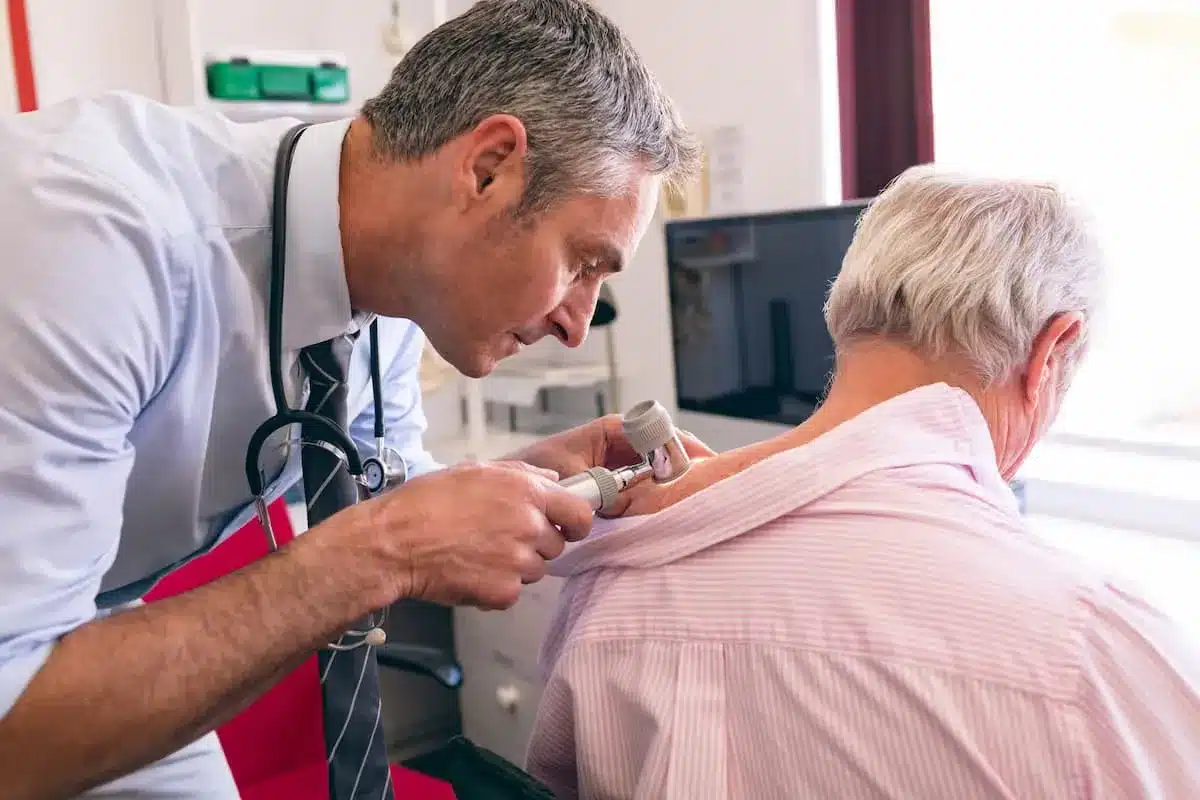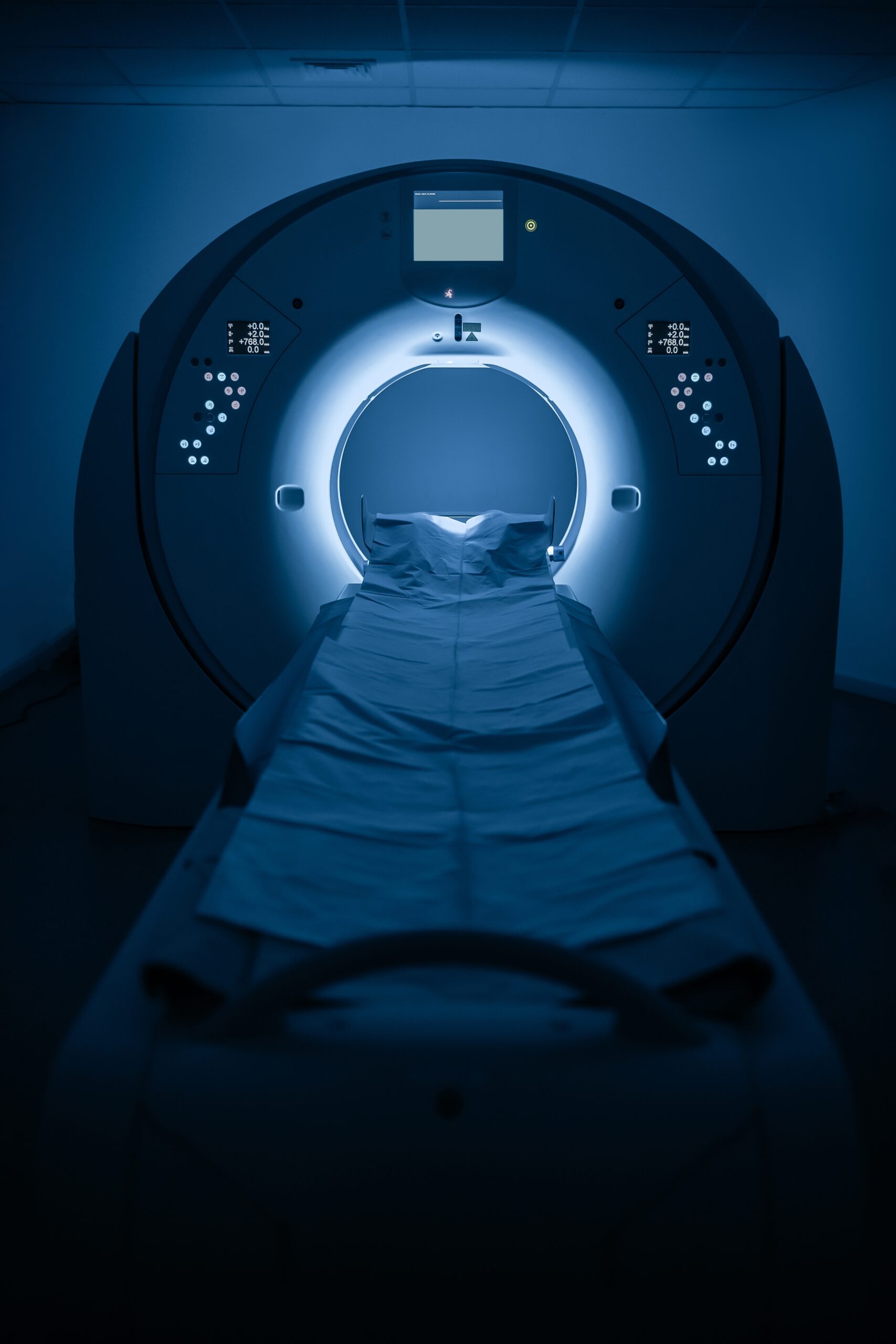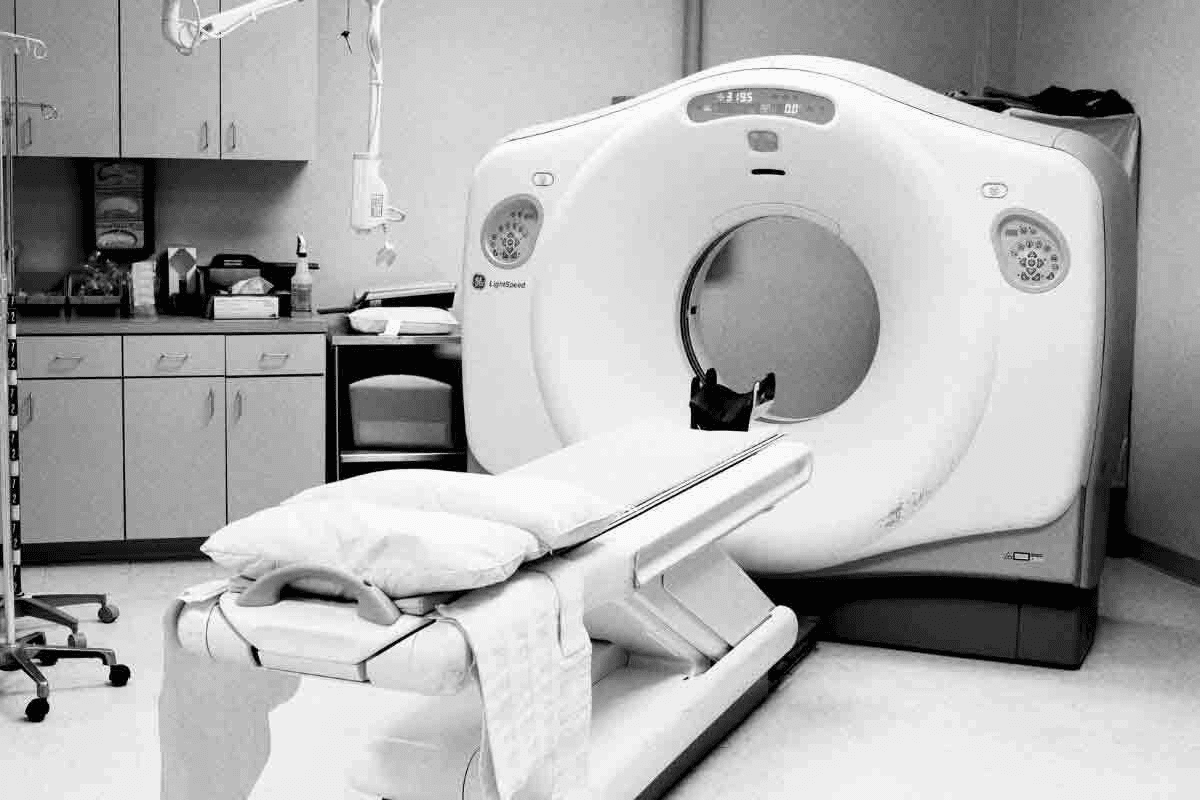What is Egg Retrieval?
Egg retrieval, also known as ovum retrieval or egg aspiration, is a vital step in the in vitro fertilization (IVF) process. During this procedure, mature eggs are collected from a woman’s ovaries after a carefully monitored ovarian stimulation phase. The primary aim is to collect multiple healthy eggs that can then be fertilized in a laboratory setting to assist couples or individuals in achieving pregnancy.
The Crucial Role of Egg Retrieval in IVF Treatment
This is a pivotal stage in every IVF treatment. Without the collection of mature eggs, fertilization cannot occur. The quantity and quality of eggs retrieved are key factors in the development of viable embryos and the overall success of the IVF process. At Liv Hospital, we use advanced ultrasound-guided retrieval techniques to maximize precision and ensure your safety throughout the procedure.
Understanding Ovarian Stimulation Before Egg Retrieval
Before the procedure, hormonal medications are used to stimulate the ovaries, encouraging the development of multiple mature follicles. Unlike a natural menstrual cycle where only one egg typically matures, this controlled stimulation allows several eggs to develop at once. By retrieving more eggs, the likelihood of successful fertilization and embryo development is significantly increased.
The Egg Retrieval Procedure: A Step-by-Step Guide
How to Prepare for Your Egg Retrieval Day at Liv Hospital
Proper preparation is essential to ensure the best outcome for your procedure. Please follow these recommendations:
- Avoid eating heavy meals the night before.
- Do not eat or drink anything after midnight.
- Arrange for someone to accompany you on the day, as you may feel drowsy due to anesthesia.
- Our team will provide detailed instructions and support throughout your comprehensive fertility evaluation, so you know what to expect every step of the way.
Anesthesia Options for Comfort During Egg Retrieval
The procedure is usually carried out under light sedation or general anesthesia, tailored to your specific needs. Our dedicated anesthesia specialists prioritize your comfort and safety, ensuring you remain relaxed and pain-free throughout the process.
The Transvaginal Ultrasound-Guided Egg Retrieval Technique Explained
The most common technique for Egg Retrieval is transvaginal ultrasound-guided aspiration. During this minimally invasive procedure:
- A thin needle is carefully inserted through the vaginal wall using ultrasound guidance.
- The needle gently enters the ovaries and draws out fluid from each follicle, which contains the eggs.
- The entire process typically takes about 20“30 minutes to complete.
What Happens Immediately After the Egg Retrieval Procedure?
After egg collection, you may notice mild abdominal cramping, bloating, light spotting, and fatigue. These symptoms are usually short-lived and resolve on their own. Be sure to rest, stay well-hydrated, and follow your care team’s advice to support a smooth recovery.
Recovery and Potential Side Effects After Egg Retrieval
Common Side Effects and Sensations Post-Procedure
After egg collection, you may notice mild abdominal cramping, bloating, light spotting, and fatigue. These symptoms are usually short-lived and resolve on their own. Be sure to rest, stay well-hydrated, and follow your care team’s advice to support a smooth recovery.
Tips for a Smooth Recovery After Egg Retrieval
• Avoid strenuous activities for 24 to 48 hours after the procedure.
• Eat a balanced, nutritious diet to support healing.
• Take prescribed pain relief as directed.
• Be vigilant for symptoms such as fever or severe pain, and contact your care team immediately if these occur.
When to Contact Your Liv Hospital Fertility Specialist
If you experience persistent pain, heavy bleeding, high fever, or any signs of infection, please contact our team immediately. Prompt attention can help prevent complications and give you peace of mind as you recover.
Turkey: A Leading Global Destination for Fertility Treatments
Why International Patients Choose Turkey for Advanced IVF Care
Turkey has become a leading destination for reproductive health care, offering a combination of affordability and world-class medical expertise. Liv Hospital stands at the forefront of this medical tourism movement, delivering advanced fertility treatments to patients from around the globe.
Advantages of Undergoing Egg Retrieval in Turkey
- Affordable, cost-effective treatments
- Minimal or no waiting lists
- High success rates with advanced medical protocols
- Comprehensive care packages designed specifically for international patients
Egg Retrieval Expertise and Technology at Liv Hospital
Utilizing Advanced Medical Technologies for Optimal Results
At Liv Hospital, Egg Retrieval is performed using state-of-the-art, ultrasound-guided imaging technology for maximum precision and safety. Our embryology laboratory meets rigorous international standards, ensuring that every egg and embryo receives meticulous care for the best possible outcomes.
Meet Our Experienced Fertility and Embryology Team
Our team brings together IVF-certified reproductive endocrinologists, skilled embryologists, and anesthesiologists who specialize in fertility care. This multidisciplinary collaboration guarantees that every Egg Retrieval procedure is performed with the highest standards of safety and efficiency.
Comprehensive Support for International Patients at Liv Hospital
We offer multilingual support, comprehensive logistical assistance, and a personalized fertility plan designed for your unique needs. Our team is committed to making your IVF journey smooth, comfortable, and fully supported at every step.
Learn More and Start Your IVF Journey Egg retrieval is a significant step on your path to parenthood. At Liv Hospital, our skilled team, advanced technology, and patient-centered approach ensure you receive exceptional care throughout your journey.
Discover more about IVF treatment, tour our embryology laboratory, explore egg freezing options, or arrange a thorough female fertility evaluation.
If you’re facing infertility challenges, expert solutions are within reach. Contact us today to schedule your consultation and begin your journey with confidence.
This guide is for informational purposes only. Please consult your doctor for diagnosis and treatment.
Liv Hospital Editorial Board contributed to this content.
For more information about our academic and training initiatives, visit Liv Hospital Academy
Frequently Asked Questions
What is Egg Retrieval?
It is a key IVF procedure where mature eggs are collected from the ovaries after hormonal stimulation to enable fertilization in the lab.
Is Egg Retrieval painful?
No, it is performed under light sedation or anesthesia to ensure comfort and a pain-free experience.
How long does the Egg Retrieval procedure take?
It usually takes 20 to 30 minutes and is completed using a minimally invasive ultrasound-guided method.
What should I do before Egg Retrieval?
Avoid eating after midnight and arrange for someone to accompany you, as anesthesia may cause drowsiness.
What happens after the procedure?
Mild cramping, bloating, or fatigue are common but temporary. Rest and hydration help with quick recovery.
When should I contact my doctor?
If you experience severe pain, heavy bleeding, or fever, contact your fertility specialist immediately.
Why choose Turkey and Liv Hospital for Egg Retrieval?
Liv Hospital offers advanced technology, expert fertility teams, and comprehensive international patient support in a world-class medical environment.






